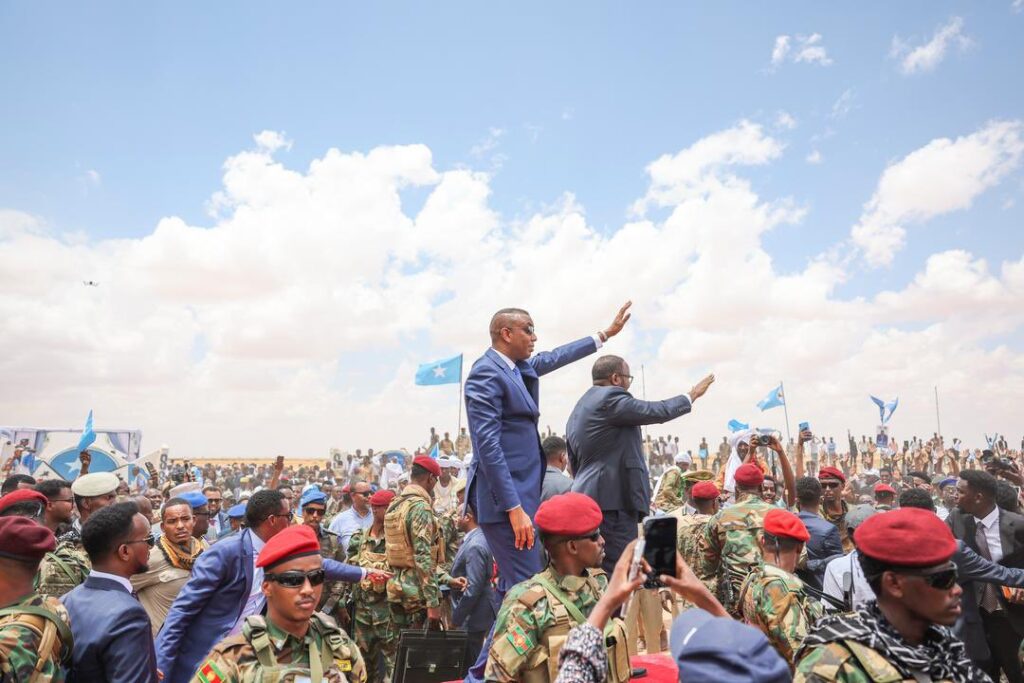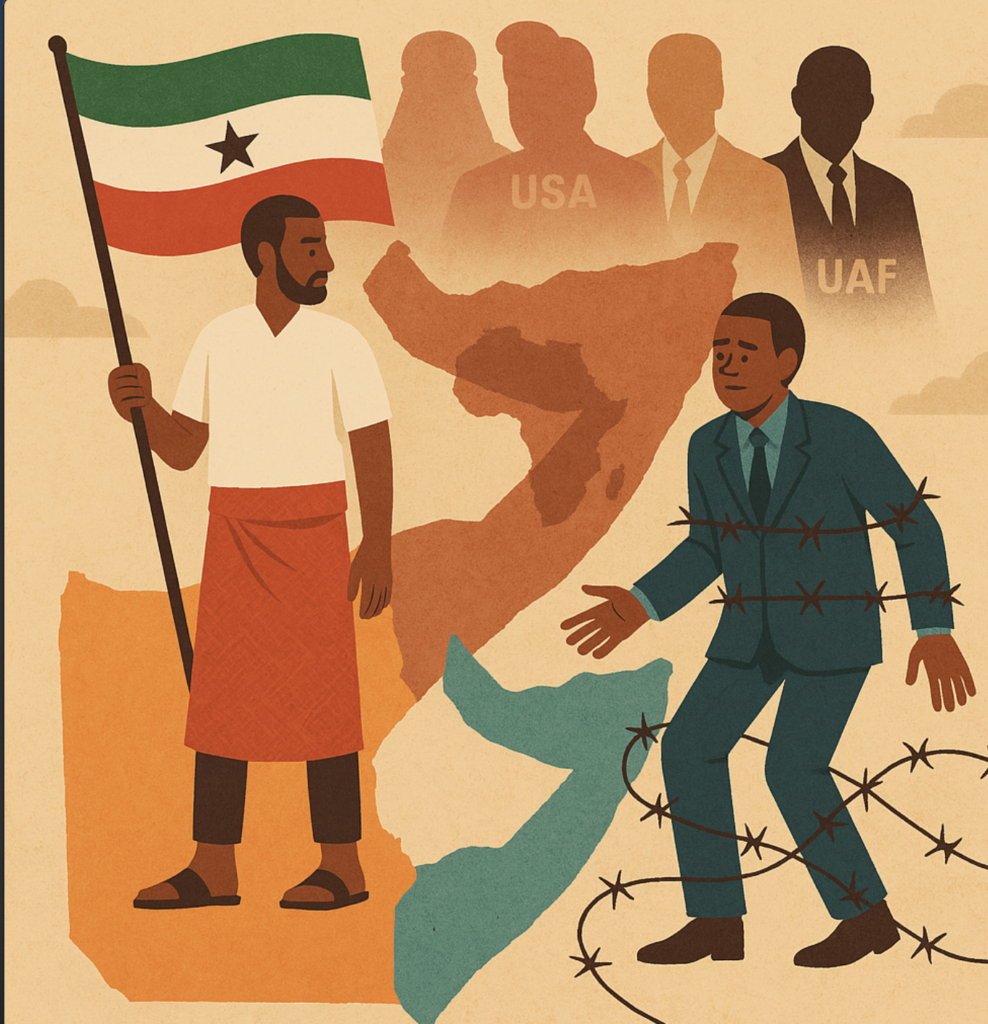Prime Minister Hamza Abdi Barre’s recent visit to Las Anod marks a historic and symbolic milestone in Somalia’s path toward national unity, peacebuilding, and federal development. In a time when regional divisions have strained the social and political fabric of the country, this high-profile visit sends a clear message: Somalia’s federal government is determined to reach and represent every citizen, in every region, without exception.
The Prime Minister’s journey to Las Anod is not just a political event—it is a profound gesture of inclusion. His presence in this strategic northern city serves three vital purposes:
For years, residents in parts of northern Somalia have felt alienated from the central government. This visit breaks that isolation and serves as a reminder that the unity of Somalia is a shared priority. It signals a renewed federal commitment to integrate all regions into a common national vision—one where every Somali has a place, a voice, and access to Tensions between Las Anod and Hargeisa have led to violence, displacement, and political uncertainty. One of the visit’s most important aspects was the support for peace talks and efforts toward prisoner exchanges—critical steps in rebuilding trust and fostering reconciliation between communities. Peace is not achieved through force, but through dialogue, compassion, and mutual understanding. Prime Minister Hamza’s role in encouraging these conversations is vital.
Beyond diplomacy, the Prime Minister emphasized the importance of building strong federal institutions in the region—structures that can deliver health services, education, justice, and economic development. These institutions are the backbone of any functioning government. Their presence in Las Anod ensures that citizens receive the support and services they deserve, and it reinforces the legitimacy and responsibility of the federal system.
The Somali federal government must be more than an entity based in Mogadishu—it must be a national structure that touches the lives of citizens from Kismayo to Hargeisa, from Garowe to Las Anod. Prime Minister Hamza’s visit exemplifies what that outreach looks like in action. It’s a reminder that a true federal system depends on equal participation, representation, and service delivery across the entire country.
For decades, the lack of strong state presence in some regions has deepened the mistrust between citizens and the government. Reversing that trend requires not only words but direct action—such as this visit—and consistent engagement that listens to local voices, honors cultural dynamics, and fosters trust.
This journey must not be an isolated event. Rather, it should be the beginning of a long-term peace process and a nationwide reconciliation effort. Prime Minister Hamza Abdi Barre has a unique opportunity to be a unifier—someone who brings together communities that have been separated by history, politics, and conflict.
He must continue to support grassroots peace efforts, mediate between local stakeholders, and ensure that the voices of those in historically neglected regions are heard and included. The goal is not only peaceful coexistence but the formation of a true national identity—one built on shared values, equal opportunity, and collective progress.
Prime Minister Hamza Abdi Barre’s visit to Las Anod is a defining moment in Somalia’s recent history. It is a statement of hope, of federal responsibility, and of national unity. But more importantly, it is a call to action: for sustained peace, stronger institutions, and a Somalia where no citizen is left behind.
With consistent leadership, continued outreach, and a commitment to equity, this journey could lay the foundation for lasting unity between the north and the south—and for a future Somalia that truly belongs to all its people.





